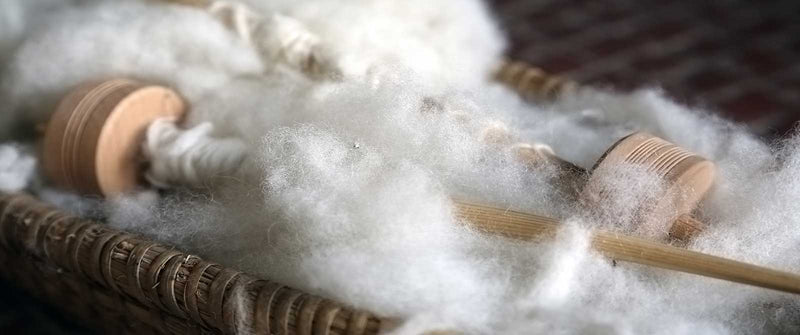The Benefits of cashmere fibre: Why It’s the Most Desired Material
Factors You Must Need Cashmere an All-natural Fiber for Convenience and Beauty in Everyday Put On
In the world of textiles, few fibers match the high-end and convenience of cashmere. Just how can one best make use of cashmere to boost their design? These intriguing concerns lay the foundation for an informing exploration into the world of cashmere. cashmere fibre.
Comprehending the Luxurious Nature of Cashmere

Assessing the Comfort Variable of Cashmere Apparel
What qualities highlight the convenience aspect of cashmere garments? The gentleness of cashmere is the first top quality to take into consideration. Its luxurious texture makes it really feel like a 2nd skin, providing heat without the weight or itching associated with various other woollen products. In addition, cashmere's unique fiber framework enables for breathability, managing temperature level and stopping overheating. The material's adaptability and sturdiness make sure that it molds versus the body comfortably, keeping its shape with time. Cashmere's hypoallergenic properties likewise add to its comfort, making it an excellent option for delicate skin. The ability to layer cashmere pieces without thickness heightens the comfort variable. Essentially, the convenience of cashmere is stemmed from its gentleness, breathability, resilience, hypoallergenic nature, and convenience.

The Ecological Influence and Sustainability of Cashmere
While the convenience and style of cashmere are certainly attractive, it's equally crucial to consider its connection with the atmosphere. Cashmere manufacturing, mostly in Mongolia and China, includes increasing cashmere goats, which can substantially strain breakable grassland ecological communities as a result of overgrazing. This can bring about desertification, a pressing ecological worry. In addition, the handling of cashmere, entailing dyeing and cleaning, can additionally add to water contamination Look At This if not correctly managed. Nevertheless, efforts are being made to develop lasting cashmere production methods, such as rotational grazing and cleaner processing strategies. Therefore, while cashmere has ecological effects, its sustainability largely depends on manufacturing practices.
Contrasting Cashmere to Synthetic Fibers: A Cost-Benefit Analysis
Despite its environmental challenges, cashmere presents a distinct set of advantages over artificial fibers. Cashmere's all-natural fibers provide unequaled gentleness and heat, converting into convenience that artificial fibers have a hard time to match. Unlike artificial Learn More Here fibers, cashmere does not contribute to microplastic pollution, making it an extra sustainable option.
Designing Tips With Cashmere for Everyday Elegance
Having thought about the cost-benefit analysis of cashmere contrasted to artificial fibers, it comes to be clear why this luxurious product is a popular option for numerous. When styling cashmere for daily sophistication, simplicity is vital. Eventually, the fundamental style of my review here cashmere makes it a functional enhancement to any kind of wardrobe, easily improving daily outfits with a touch of deluxe.

Final Thought
In addition, cashmere's sustainability and reduced ecological effect compared to synthetic fibers even more enhance its charm. Spending in cashmere garments is a beneficial choice for convenience, style, and sustainability.
